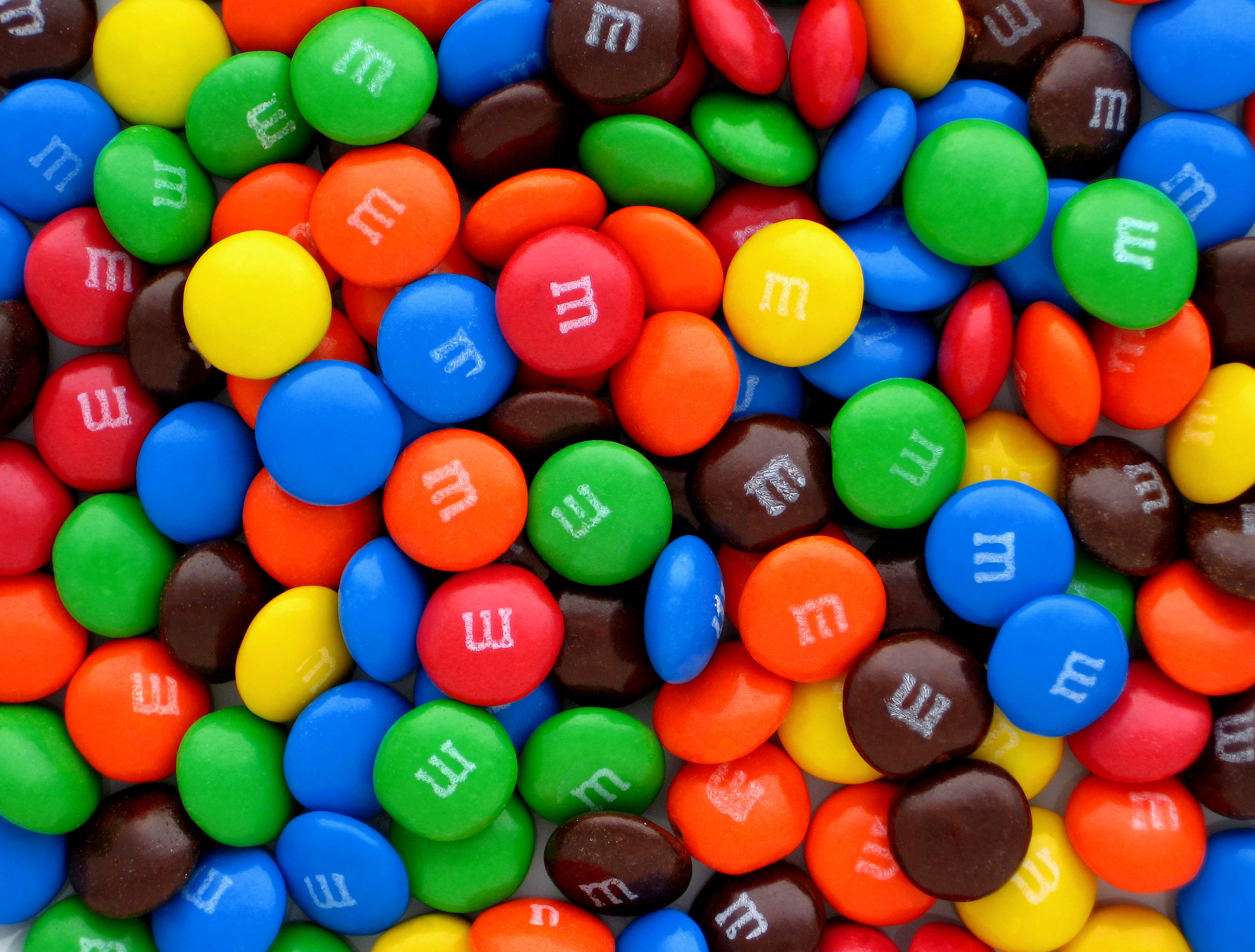M&M’s latest product, designed to boost sales of the company’s famous candy, has been taken off the shelves before it could fulfil its purpose. The now infamous M&M dispensers employ the same mechanism as the slot machines, which did not sit well with some concerned citizens who ostracized the toy and vowed not to rest until every last one of the evil dispensers is carefully concealed from our children’s innocent eyes.
Witch Hunt or Justified Concern?
M&M (owned by Mars) is one of the three brands that have recently been accused of trying to “indoctrinate children into gambling”. Their latest toy was modelled after a slot machine, prompting the user to pull the lever and win a piece of candy when the matching colours align. The entire campaign took a turn for the worse when the toy caught the eye of Professor Samantha Thomas from Australia. As an expert in the effects of gambling on minors, Thomas, who was concerned about the influence a toy may have on young minds, tweeted the pictures of the M&M dispenser with the following comment:
“With all the discussion in the UK about gambling harm and the normalization of gambling for kids, very surprised to see M&M selling this product in its Leicester Square store.”
According to Thomas, the concept of the toy is extremely dangerous as it can “normalize” gambling and mislead the children into believing that these machines are “about the wins rather than losses”. Soon after the whole incident started, Mars published an official statement, announcing that the toy was to be removed from all the stores.
The decision was made after the company received numerous letters from the all-party parliamentary group on gambling.
The Domino Effect
The entire affair started a wave of backlash and immediately drew attention to some other brands that used similar analogies in their own marketing strategies. Shortly after Mars was put on the spot, people started pointing fingers at Kellogg, an American food manufacturing company that recently launched Krave Choco Roulette. On the box, the three different kinds of chocolates are aligned in the same way as slot symbols. When confronted, Kellogg was far from apologetic, stating that the company only markets products for adults. “We have also not advertised Krave on television since September 2015” added Kellogg spokesman.
Doritos is another brand that has been called out; their Roulette chips sent a clear and dangerous message that some of the chips were extremely spicy and that you will not be able to tell them apart until you actually taste them! The concerned citizens were a bit late this time and missed their opportunity to personally tear down this product. PepsiCo, the owner of Doritos pointed out that the Roulette chips line was discontinued (before anybody had the opportunity to notice just how destructive it really was).
All joking aside, the officials are sending a clear message that any products or adds that use a concept of gambling for their promotions will be placed under public scrutiny. The M&M affair has demonstrated that not even the largest companies (or especially not the largest companies) will be spared.
Carolyn Harris, the labour MP and chairman of the parliamentary group expressed her outrage about the scandal, calling all such products appalling. “I’m really disappointed in any company that sees gambling as a market strategy”, she added.
After receiving the news that Mars was about to recall the dispenser line, Thomas saluted the move with a new tweet: “Excellent news! Mars pulls M&M’s slot-machine game after MP’s concerns.”
M&M Jackpot

